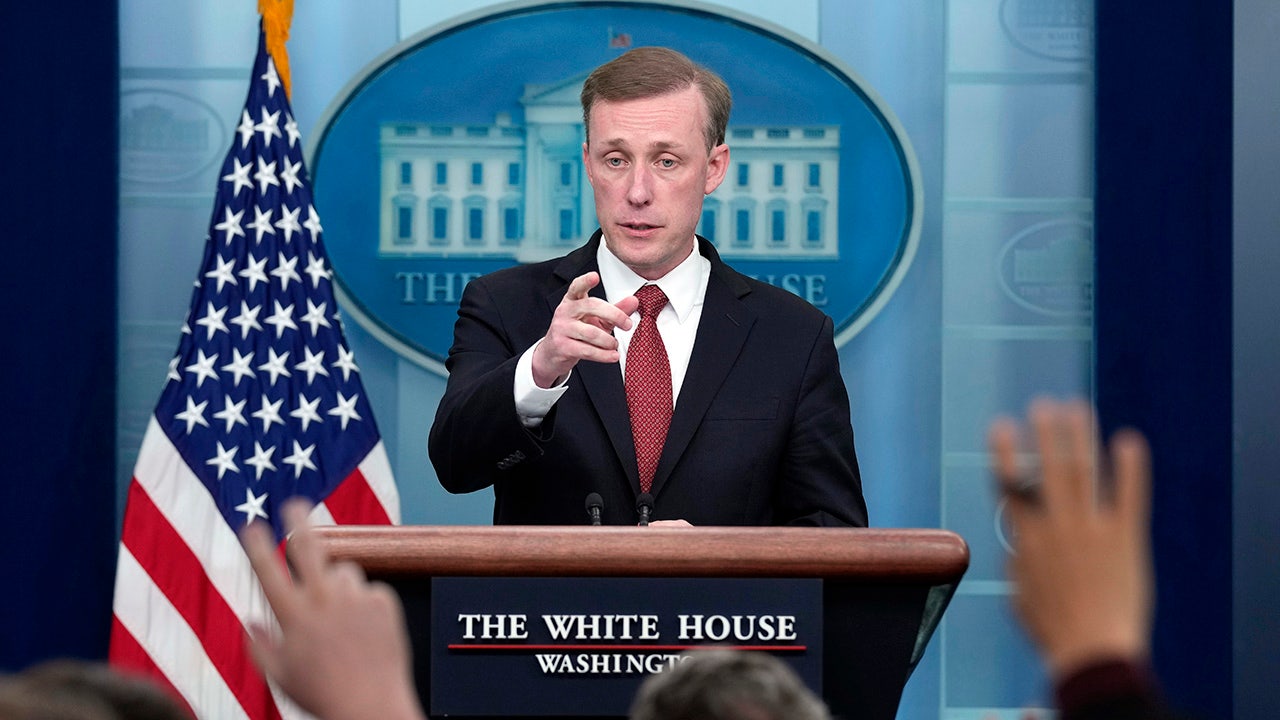FEC, not kitchen cabinet, Mr President, By Dan Agbese Newsdiaryonline

Email: [email protected]
SMS: 0805500192
That the executive council of the federation, also known as federal executive council, did not meet for 44 days after the first set of ministers were sworn in on August 21, borders on the scandalous. President Bola Tinubu should, more than anyone else, appreciate the burden he bears at this particular time in our national history. How he discharges it is not a personal choice; it is a national imperative.
Given the enormity of the problems he inherited from his predecessor, he needed no one to tell him that he does not have the luxury of somnolent tardiness. A man in his position needs, as they say, all hands-on deck, to steer the ship of state through the turbulent waters of economic, security and social challenges. The cabinet is his best and only organ to help him take decisions that will help pull the nation through these difficult and challenging times. Nothing trumps collective decisions taken with the collective informed views of cabinet members.
The council is the highest ruling organ in our form of government. Its constitution is not a formality. It is both a constitutional requirement and a political imperative. A government is not legally formed until its cabinet is put in place. The president’s job was not done when he constituted and swore in the 45 ministers. His job of ruling the country began on that day. The people look forward to cabinet decisions every week to satisfy themselves that the government is responding sensibly to the myriads of problems they face as individuals and as a collective.
Democracy is a government of the people because governance is the collective wisdom of the many, not of the few. The 36 states are, on the instruction of the constitution, represented on the council. Each minister contributes to the decision-making process in government as, arguably, the voice of his state. And therefore, decisions taken by the cabinet are both infused and enriched by the voices of the men and women who represent the silent majority whose representatives they are, even if arguably so.
I hope the president’s senior special assistant on print media, Abdulaziz Abdulaziz, did not speak for him when he told the Daily Trust newspaper that “the president had a different idea of the functions of the FEC” and that holding regular cabinet meetings “is not an issue because there is no specific time for FEC meetings.”
This is the sort of statements by aides that sound informed but derive from ignorance. A regular cabinet meeting is an issue because it is the forum where collective decisions in government are taken at national and sub-national levels. It is not subject to the whims and caprices of a president or a state governor. Whatever a president thinks of regular cabinet meetings does not make them unnecessary or irrelevant under our form of government. Regular cabinet meetings have been with us since the generals constituted the organs of government that make the FEC an important decision-making process. Cabinet meetings has been regularly held weekly at federal and state levels on Wednesday. We have all become used to this and look forward to the weekly meetings at which government decisions are taken and announced to the public. FEC is the government of the federation. Its decisions are the faces of good or poor governance.
The president may prefer the wisdom of his kitchen cabinet, but the kitchen cabinet is not a legal organ of government and cannot be substituted for the meetings of a legally constituted cabinet. To sideline FEC in favour of a kitchen cabinet is wrong. It is a body unknown to the law and the constitution and cannot be elevated beyond its role as the little bird with the right to whisper in the ears of the president.
The difference between a kitchen cabinet decision and the FEC is no brainer. One is singular and the other is plural. To take one instance. I support the president’s decision not to continue with the corrupt and wasteful fuel subsidy. He chose to make that clear in his inaugural speech as president to let us all know where he stands. I thought it was courageous. But I also thought he knew that that momentous decision would affect the entrenched powerful interests that had frightened every president before him from ending it and would fight back to defeat him.
As the president must have expected, it kicked off a blinding dust of controversy. In the absence of FEC, the kitchen cabinet must have advised him to mollify labour and the people with palliatives administered by the states. He caved in and gave each state N5 billion for what turned out to be essentially a public relations disaster and one he could have done without.
I am sure FEC could have responded to and handled the controversy differently and possibly not drag the administration back to the path of palliatives that failed in the recent past and was doomed to fail in the present. My point is that kitchen cabinets are good. No government can do without one. But it has its limited use and cannot be taken as a legal instrument of governance.
Ministers are staff officers of the president. None of them has an agenda in government. They are in the government as a team to implement the president’s agenda. FEC is the organ of government that sets the president’s agenda or ratifies same after discussions by the ministers. That role is sacrosanct. It cannot be treated with levity without doing some serious damage to governance.
The framers of the constitution did not envisage that a president will appoint ministers, swear them in and leave each of them to work out and implement his agenda. The president’s reluctance to hold regular FEC meetings creates the unfortunate impression of a drift so early in his administration. It must be arrested. His administration has much more on its plate than he appears to appreciate. The people expect him to run an administration different in every positive particular from that of his predecessor. Teamwork is critical to the right image of his administration. The public does not expect a sole performance. The cabinet needs to be led; the public expects him to see him lead his team. He said it is his turn to be the president of the republic; in giving him the vote, the public agreed with him. It is his turn to reciprocate the people’s vote by running a government in which teamwork defines governance. The public expects him to run a clean and honest administration.
To run a clean administration, he needs to clean the cobwebs left by his predecessor. How he does it is the responsibility of the FEC. Buhari is a chest-beating anti-corruption crusader, but he left office with his crusade soiled. Some of his ministers and others who served him in various capacities have fingers dripping with palm oil. No, not Agila palm oil. No one expects Tinubu to probe the Buhari administration for reasons that are no brainer, but the public expects him to ask some of the former ministers and the others questions on what they did in office that makes their fingers drip with palm oil.
Related





